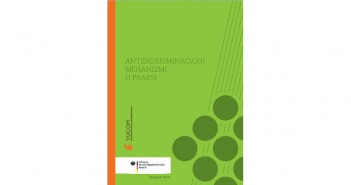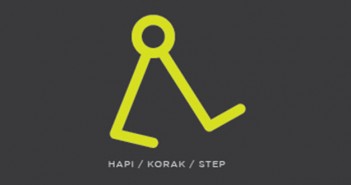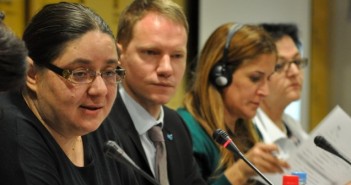
HUMAN RIGHTS SERIES
::Human Rights and Disabled Persons, Belgrade, 2001 (Serbian)::
::Study on the Rights of Persons Belonging to National or Ethnic, Religious and Linguistic Minorities, Belgrade, 2001 (Serbian)::
::Study on the Rights of Persons Belonging to National or Ethnic, Religious and Linguistic Minorities, Belgrade, 2000 (Serbian)::
::Elections – Perspective on Establishing Democratic Practices, Belgrade, 2000 (Serbian)::
::Human Rights and Pre–Trial Detention, edited by Stevan Lilic Ph.D, Belgrade, 2000 (Serbian)::
::Land Mines – From Words To Action, edited by Stevan Lilic Ph.D, Belgrade, 2000 (Serbian)::










